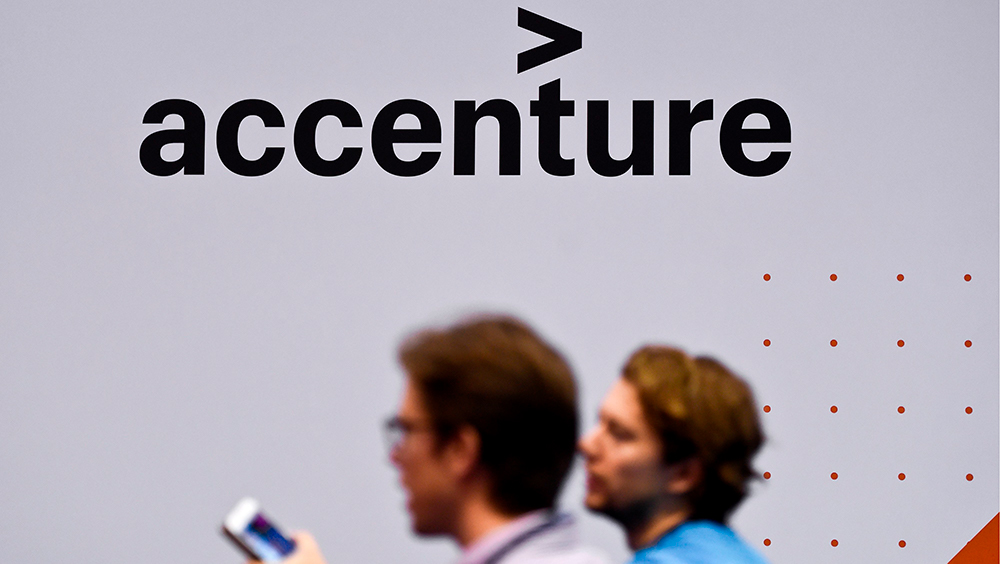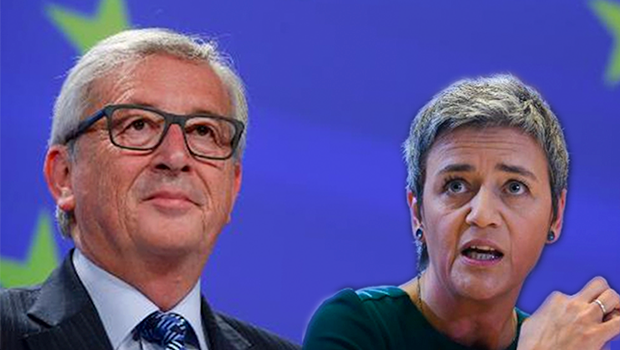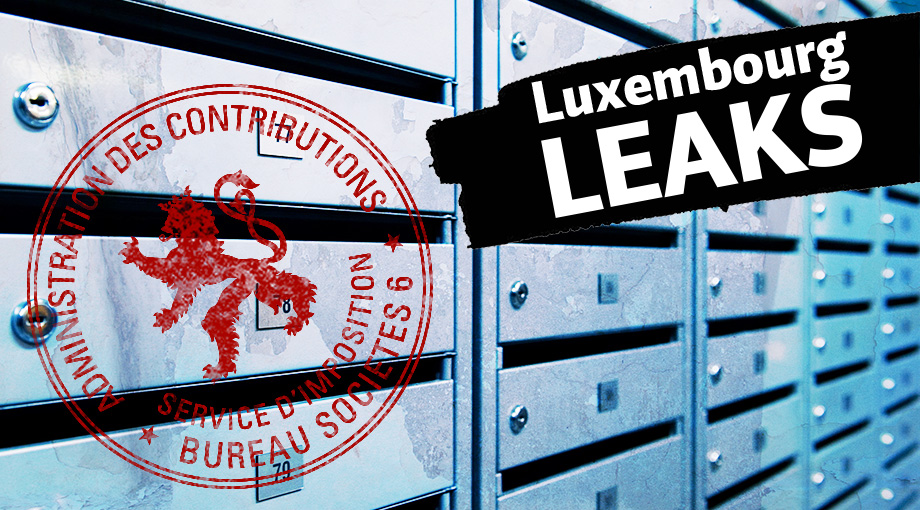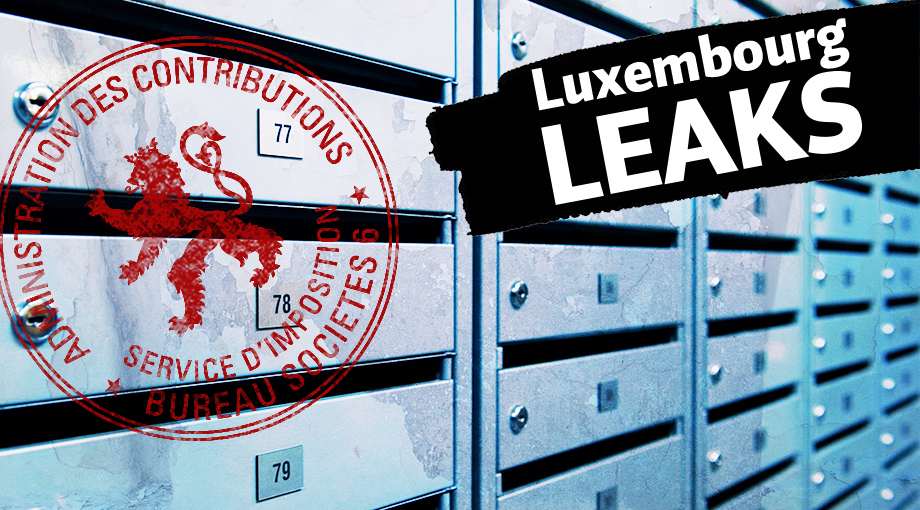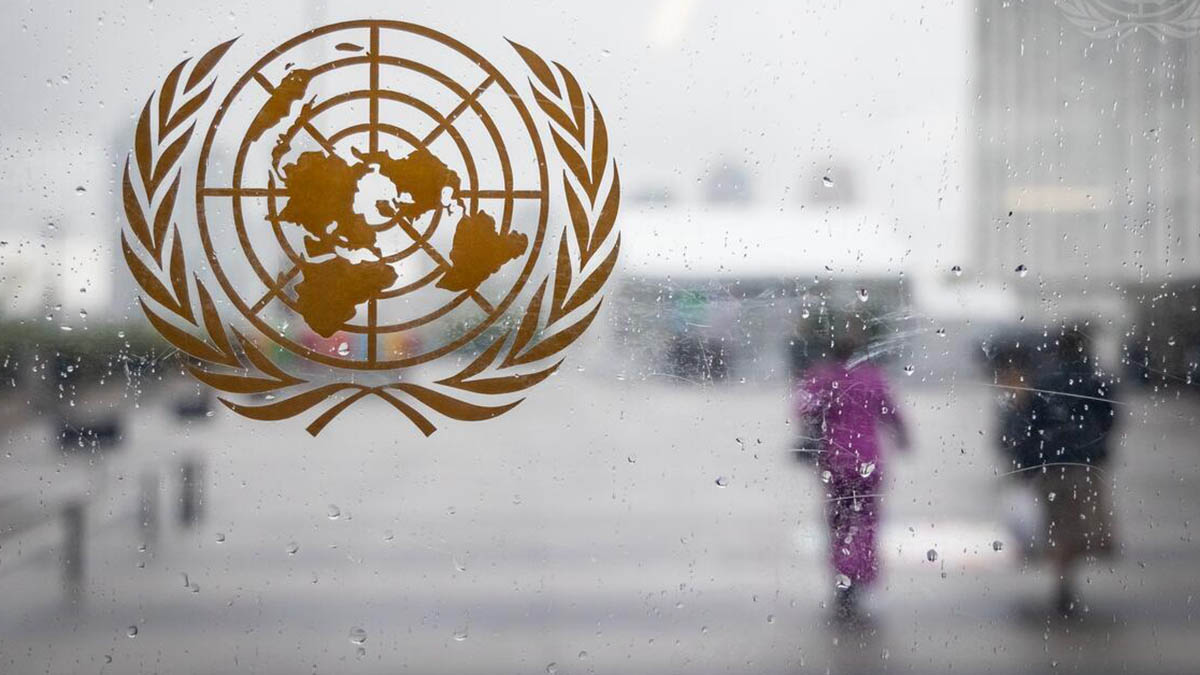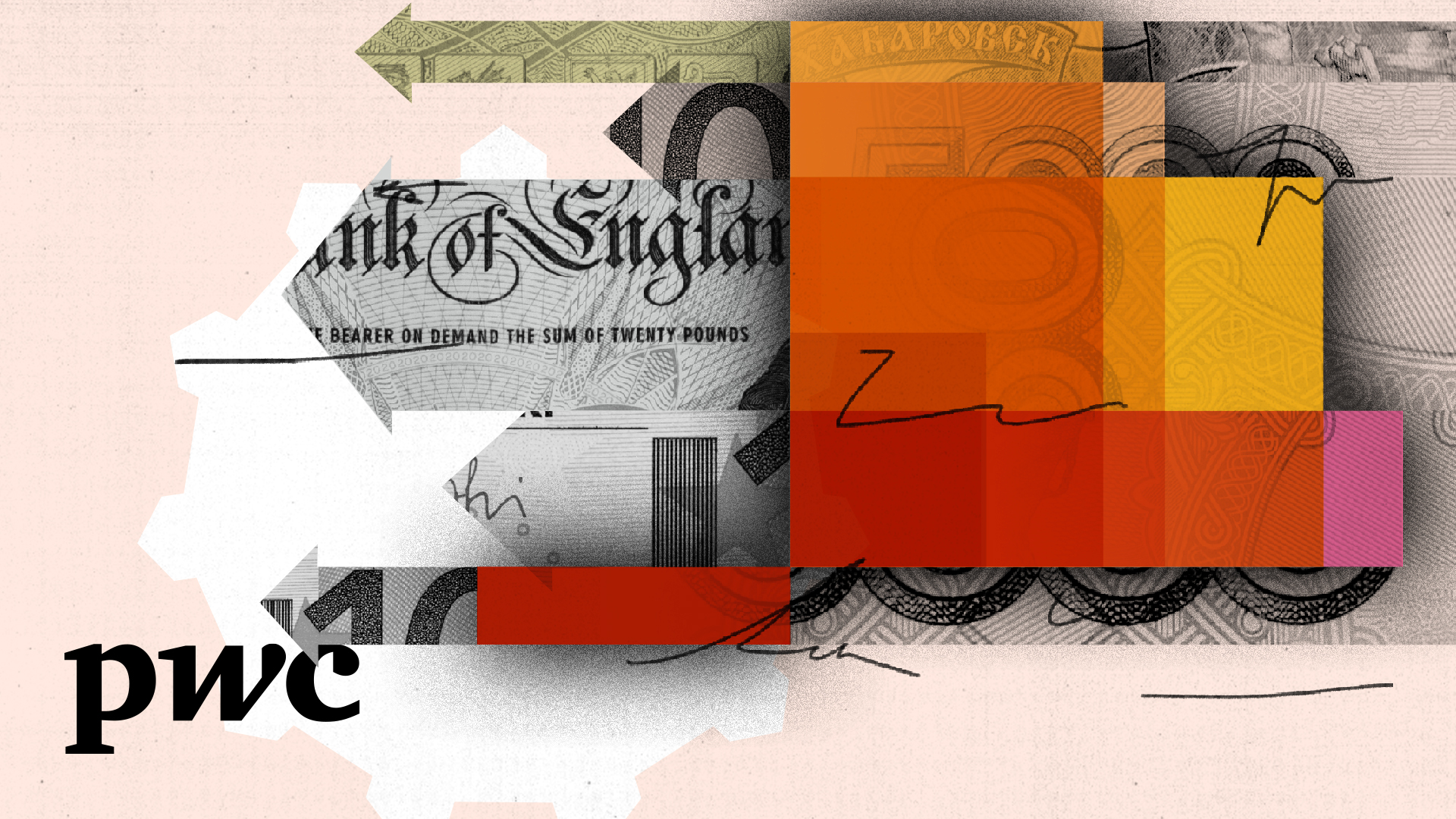Global technology and outsourcing conglomerate Accenture has paid Swiss authorities around $200 million over tax claims prompted by the International Consortium of Investigative Journalist’s Lux Leaks investigation.
The settlement comes just months after the company informed shareholders it had no case to answer over a 2010 asset transfer.
“If the Swiss tax authorities were to prevail in this matter, taxes could be due, plus interest and possible penalties, which could be material,” it acknowledged in a US filing in early 2017. “We strongly disagree with the assertions made and while we intend to cooperate with the Swiss tax authorities, we will vigorously defend our position.”
Lux Leaks revealed how many of the world’s largest corporations, including Amazon, Apple, IKEA and Pepsi, cycled billions of dollars through Luxembourg because the tiny nation offered them tax favors that allowed them to avoid paying huge amounts of tax to other European countries.
Revealed by Swiss authorities, the Accenture settlement results from a significant discrepancy in the valuation of Intellectual Property (IP) assets that came to light in late-2014 as a result of Lux Leaks.
Lux Leaks exposed more than 300 secret tax deals, known as ‘rulings’, many leaked from the Luxembourg office of PriceWaterhouseCoopers (PwC), one of the so-called ‘Big Four’ global accounting firms.
PwC acted for Accenture in the 2010 transfer of its IP rights from Switzerland to Ireland via Luxembourg. Lux Leaks documents show that in the 48 hours or so it took to complete the process, the value of the IP assets had risen by almost 600 percent from $1.2 billion to $7 billion.
In one document to the Luxembourg regulator detailing its tax treatment on the transaction, PwC confirmed the re-evaluation, describing the $7 billion as “fair market value”, a phrase used by accountants to ascribe an actual rather than a notional value to an asset i.e. the price it would expect that someone would be prepared to pay for it.
The transfer attracted zero tax in Luxembourg.
Christian Brönnimann, a reporter with Tamedia in Switzerland, who partnered on Lux Leaks, said the settlement had been made only months after the authorities instituted legal action against Accenture, alleging it had understated the value of its IP while in Switzerland.
“We don’t know what the Swiss authorities did in the immediate aftermath of Lux Leaks when the massive rise in the IP value came to light but we do know that in late 2016 the Federal Tax Administration really ramped up the pressure, instituting criminal proceedings for possible tax evasion and following up with a series of raids on offices and the seizure of documents,” he said.
Stacey Jones, Accenture’s Media Relations & Marketing lead, confirmed that the Swiss inquiry “related to the tax treatment of an August 2010 intercompany transfer of certain intellectual property.”
Jones added: “Accenture resolved this matter with the Swiss tax authorities. In connection with that resolution, Accenture agreed to a final assessment of prior year taxes, which were paid in June 2017.
“We do not have anything to add beyond the public company filings.”
She declined to elaborate on the rationale behind the significant upgrade of IP assets at the time.
Stephen Kinsella Associate Professor of Economics at the University of Limerick, Ireland, described the magnitude of the re-evaluation as “extraordinary”.
“Ireland has a very benign regime when it comes to its tax treatment of intangible assets, so it would not be unusual for companies to want to maximize the valuation of their research and development – but these figures certainly merit further investigation,” he said.
Luxembourg prosecutors discovered the identity of two Lux Leaks whistleblowers — former PriceWaterhouseCoopers workers Antoine Deltour and Raphael Halet — and spent years pursuing criminal charges against them, along with French journalist and ICIJ member Edouard Perrin.
Deltour and Perrin were eventually acquitted, but Halet’s case continues.
